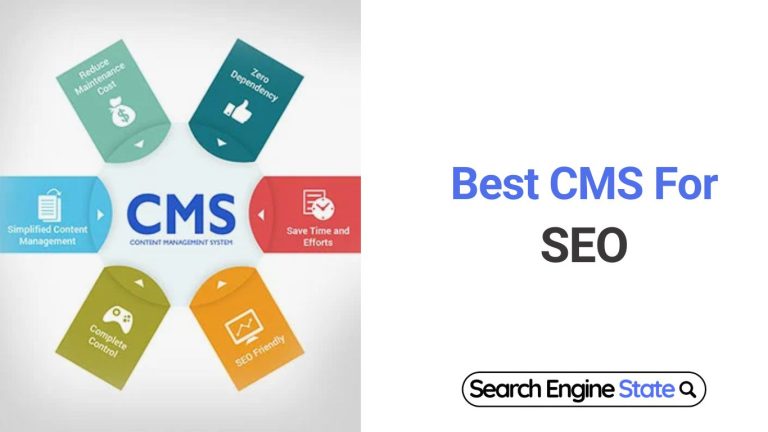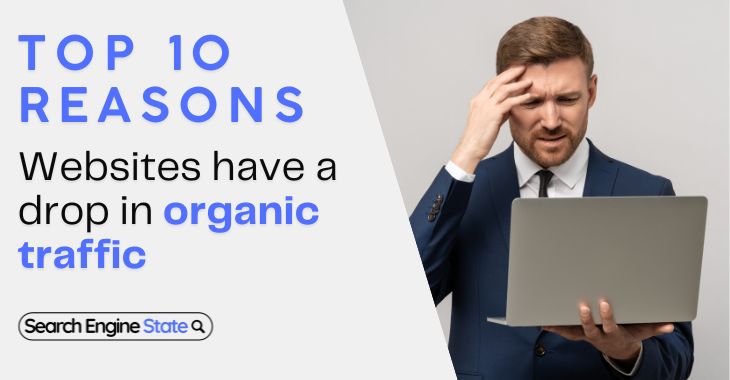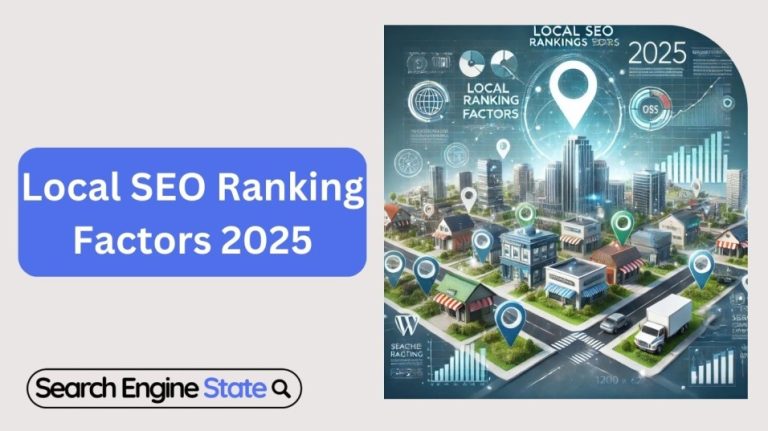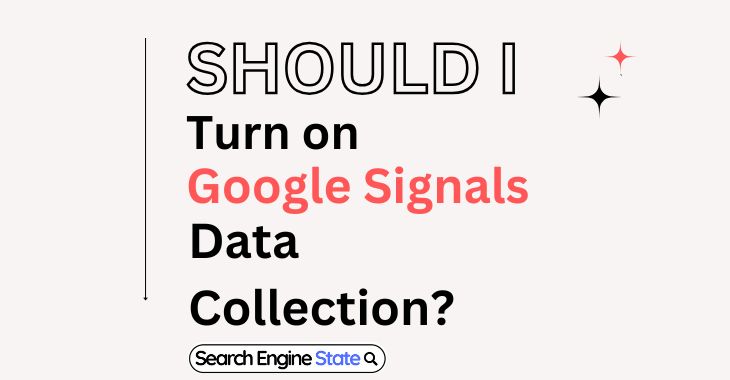What Characters to Use and Not Use for SEO
It is always important when it comes to SEO to know which characters influence your website ranking and usability. From URLs to meta titles to headers, the characters you do and don’t use can determine your future SEO standing.
Why Characters Matter for SEO?
Every search engine uses algorithms to crawl, index, and interpret the content that you will be presenting to the users. Such algorithms decode characters to find out the meaning, structure and the intent of the user. For this reason, using the wrong characters can enable one to make mistakes, misunderstandings or lead to poor user experience which may have a negative effect on your rankings.
Characters to Use in SEO
1. Alphanumeric Characters (A-Z, 0-9)
Why They Matter: Search engines identify and prefer ordinal letters as they are global and simple.
Usage:
In URLs: Example: /best-seo-tips-2025/
Meta titles and descriptions: “Top 10 SEO Secrets to Improve Ranking”
2. Hyphens (-)
Why They Matter: URL-legal is hyphen use for breaking words. It makes content more understandable not only to the readers but also to search engines, Since content is reorganized.
Usage:
Use in URLs: /how-to-use-hyphens/
Avoid underscores (_) as search engines may not interpret them as word separators.
3. Pipes (|)
Why They Matter: Wire is a clean delimiter in meta titles which do not add much to webpage content but make it neater.
Usage:
Meta Title: Meta Title: “SEO Tips | Boost Rankings | 2025 Guide”
4. Colons (:) and Dashes (–)
Why They Matter: By structuring titles and descriptions in these characters, the layout of the text improves from bad to readable.
Usage:
In Titles: “SEO Basics: What You Need to Know”
In URLs: Avoid as they may be encoded, leading to less clean URLs.
5. Forward Slashes (/)
Why They Matter: Used in URLs to define a web site’s place in a particular category of web sites.
Usage:
Example: www.example.com/seo-tips/beginners/
6. Percent (%) and Plus (+) Signs
Why They Matter: Sometimes used in search parameters and tags but should be limited to avoid complexity.
Usage:
Example: Query strings like www.example.com/?q=seo+tools
Characters to Avoid in SEO
1. Spaces
Why They Matter: URL contains spaces that translate to %20 meaning that the link copied is not as neat as the original one.
Solution: Remove space and replace it with hyphen (-) character in the URL.
2. Underscores (_)
Why They Matter: They are also used as a part of the word, and not as a means to separate words from other words in the search engines.
Solution: Use hyphens instead.
3. *Special Characters (!, @, #, $, %, ^, &, , (), {}, [], ~)
Why They Matter: These characters can mislead search engines or even spoil links.
Issues:
- May result in encoding of URLs that are not friendly to any internet browser.
- It is very much possible to ‘jam down’ titles and descriptions further.
4. Multiple Consecutive Dashes or Periods (.. or –)
Why They Matter: These can look unprofessional and may confuse users or search engines.
Solution: Single dashes must be used but avoid unnecessary periods.
5. Question Marks (?) and Equal Signs (=)
Why They Matter: It is a kind of URL often used in dynamic Web applications or Web sites, and is less SEO-friendly as static URLs.
Solution: Rewrite dynamic URLs to static ones using URL rewriting tools.
6. Non-ASCII Characters (e.g., ß, ø, ç)
Why They Matter: These characters may look distorted on certain browsers or systems, problems of indexation and usability may occur.
Solution: Use only standard ASCII alphanumeric characters on any of the channels.
7. Apostrophes (‘)
Why They Matter: Apostrophes in URLs are encoded into %27; because of this, URLs appear messy and less friendly.
Solution: Avoid apostrophes in URLs.
SEO-Friendly Characters vs. Problematic Characters
| Character Type | Examples | SEO Impact | Best Practices |
| Alphanumeric Characters | A-Z, 0-9 | Essential for readability and indexing | Use freely in URLs, titles, and content |
| Hyphens (-) | how-to-optimize | Improves URL readability | Use to separate words in URLs |
| Underscores (_) | how_to_optimize | May not be interpreted as a separator | Avoid; use hyphens instead |
| Special Characters (@, &, %) | seo&tips | Can confuse search engines | Avoid unless encoded correctly |
| Spaces | seo tips | Converts to %20 in URLs | Replace with hyphens |
Best Practices for SEO-Friendly Character Usage
1. Keep URLs Simple and Clean
- Avoid unnecessary special characters.
- Example: Instead of /how_to&optimize*seo?2024, use /how-to-optimize-seo-2024.
2. Limit the Use of Special Characters in Meta Titles
- Overloading titles with symbols may confuse users and search engines.
- Example: Instead of “SEO Tips: Boost! Your Rank@2025,” use “SEO Tips: Boost Your Rank in 2025.”
3. Use Encoding When Necessary
- If special characters must be used for anything, make sure that they are encoded correctly.
- Example: A URL with an ampersand (&) should be written as %26.
4. Use Readable Separators in Titles and Descriptions
- Stick to dashes, colons, and pipes to enhance clarity.
5. Avoid Keyword Stuffing with Characters
- Avoid tactics like adding unnecessary symbols to force attention, e.g., “###BEST### SEO TIPS!!”.
- Stick to clean, professional formatting.
Proper vs. Improper Character Usage
| Scenario | Improper Usage | Proper Usage |
| URL Structure | www.example.com/seo@tips | www.example.com/seo-tips |
| Meta Title | SEO Tips !!! 2024 | SEO Tips: Best Practices 2024 |
| Query Parameters | ?q=seo%20tips | ?q=seo-tips |
Tools to Check Character Usage
1. Google Search Console
Check if URLs are being indexed properly.
2. Yoast SEO or Rank Math (WordPress)
Analyze meta titles, descriptions, and URL structures for SEO-friendliness.
3. URL Encoding Tools
Make sure URLs which contain special characters are URL-encoded in the right manner.
4. Screaming Frog SEO Spider
Scan your website to identify improper characters in URLs or meta tags.
Common Mistakes to Avoid
- Using Symbols to Attract Attention: Do not use many exclamation points or symbols that are not professional.
- Forgetting URL Structure Standards: Straight-away, do not forget about simplicity and, respectively, the principles of text readability and prose format.
- Ignoring Encoding: Unencoded special characters can lead to broken links.
Conclusion
Knowing which characters to use and which to avoid in your SEO is good knowledge for everyone wanting to optimize their site . Thus, adherence to best practices presupposes the creation of clean URLs, properly constructed meta titles, and other features that guarantee your website’s content to be readable and properly indexed.
Need help optimizing your website for SEO? Let our expert team guide you to success! Contact us today.





